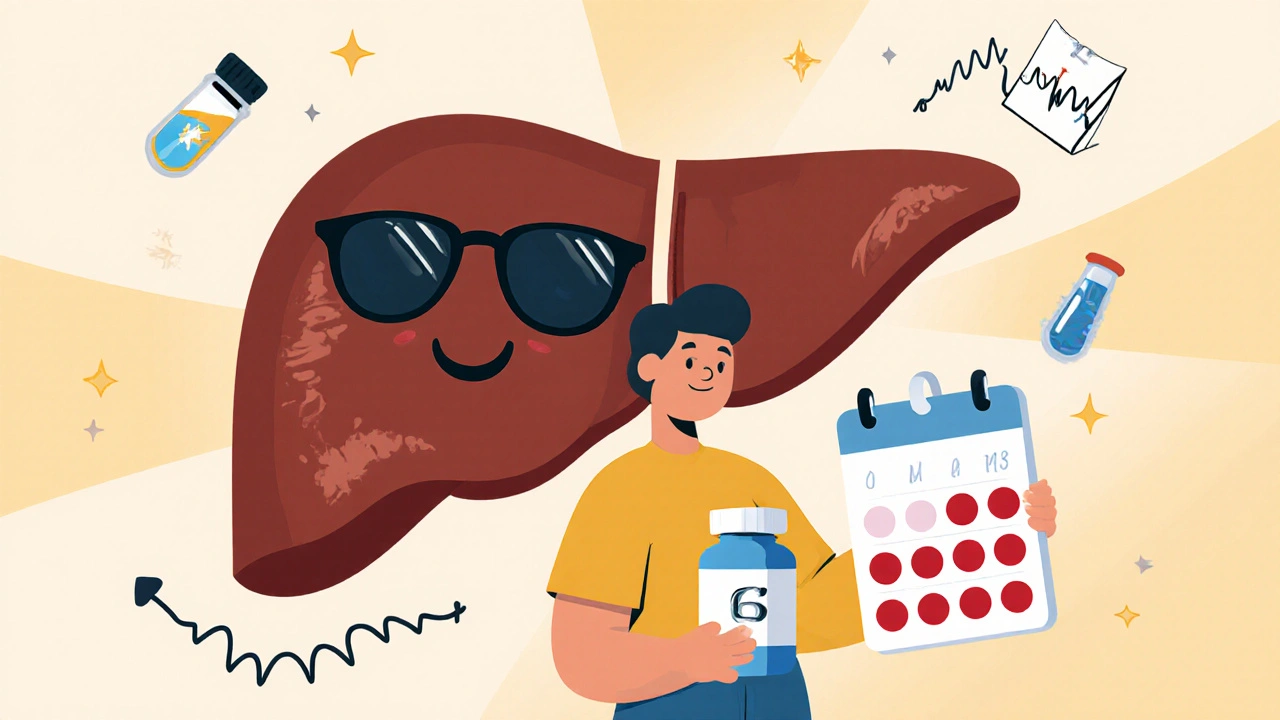Antiviral Treatment: What Works, What to Avoid, and How It Affects Your Health
When your body fights a virus, antiviral treatment, medications designed to block viruses from multiplying inside your cells. Also known as antiviral drugs, these aren’t like antibiotics—they don’t kill bacteria. They target specific viruses, like flu, herpes, or hepatitis, and can stop them from taking over your system. If you’ve ever taken a pill for the flu or a cream for a cold sore, you’ve used an antiviral. But not all treatments are created equal, and some can mess with your body in ways you didn’t expect.
One big thing to know: antiviral treatment doesn’t always mean instant relief. For example, if you’re managing herpes, the drug might not clear the virus completely—it just keeps outbreaks under control. Same with hepatitis C: newer antivirals can cure it, but only if you take them exactly as prescribed. Miss a dose, and the virus might bounce back stronger. And here’s the catch: some antivirals can weaken your immune system over time, especially if you’re on them long-term. That’s why you’ll see posts here about how drugs like mycophenolate mofetil, an immunosuppressant used for autoimmune conditions can lower your body’s ability to fight off infections, making antiviral treatment even more critical.
Then there’s the side effect angle. You might think antiviral drugs are safe because they’re prescribed, but that’s not always true. Some cause fatigue, nausea, or even liver stress. Others, like those used for HIV, can interact badly with common meds—think blood pressure pills or cholesterol drugs. That’s why posts on this page dig into drug interactions, when two or more medications clash and create unexpected risks, and how to spot them before they hurt you. You’ll also find real talk about predictable vs unpredictable side effects, the difference between common, known reactions and rare, dangerous ones, so you know what’s normal and what needs a doctor’s call.
And let’s be honest—most people don’t think about antiviral treatment until they’re sick. But prevention matters too. If you’re on long-term meds that suppress your immune system, your risk for viral infections goes up. That’s why some of the posts here connect antiviral treatment to things like sun protection, nutrition, and even fertility. A healthy body handles viruses better. A balanced diet, good sleep, and avoiding unnecessary drugs can be just as important as the pill you take.
What you’ll find below isn’t a list of miracle cures. It’s a real-world look at how antiviral treatment actually works—what helps, what doesn’t, and what you need to watch out for. Whether you’re managing a chronic condition, recovering from an infection, or just trying to stay healthy, these posts give you the straight facts without the hype.
Entecavir controls hepatitis B but doesn't cure it. Regular medical checkups are essential to monitor liver health, detect early signs of damage, and prevent liver cancer. Skipping visits puts your long-term health at risk.

